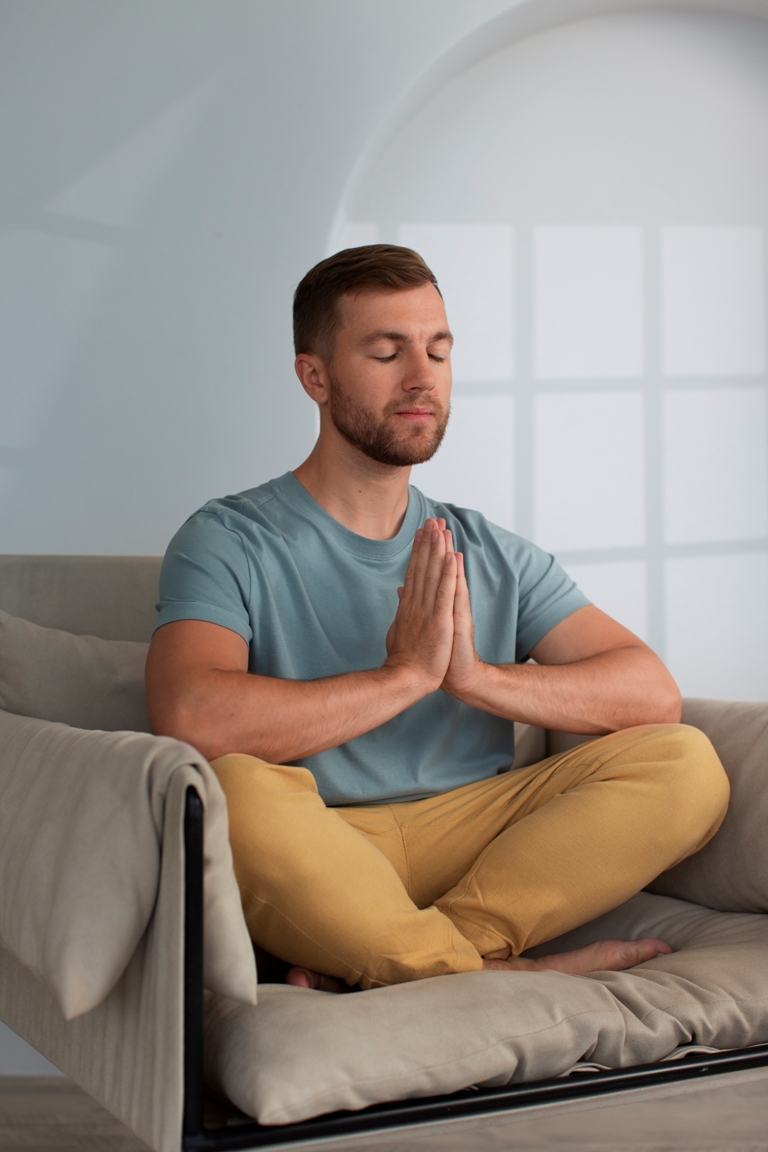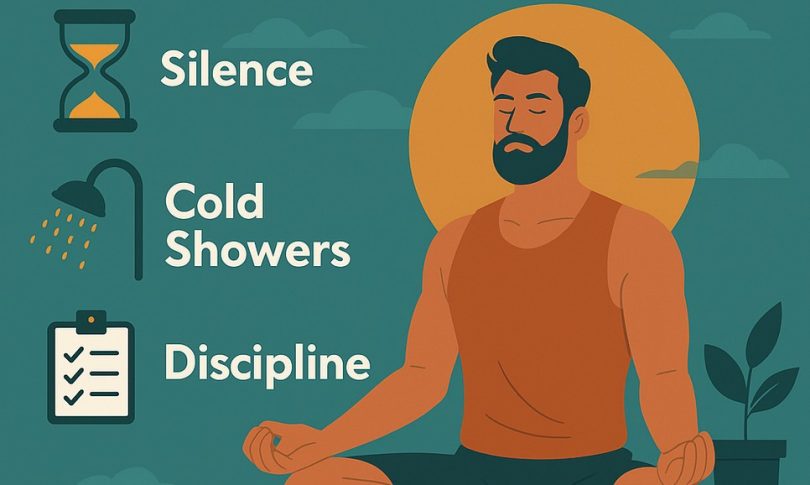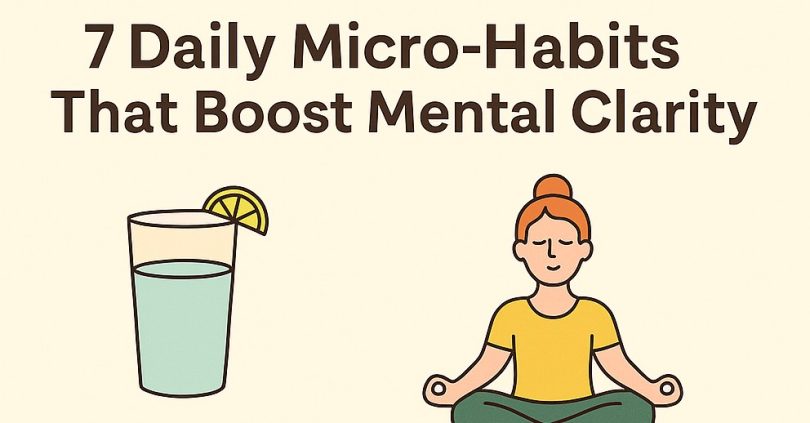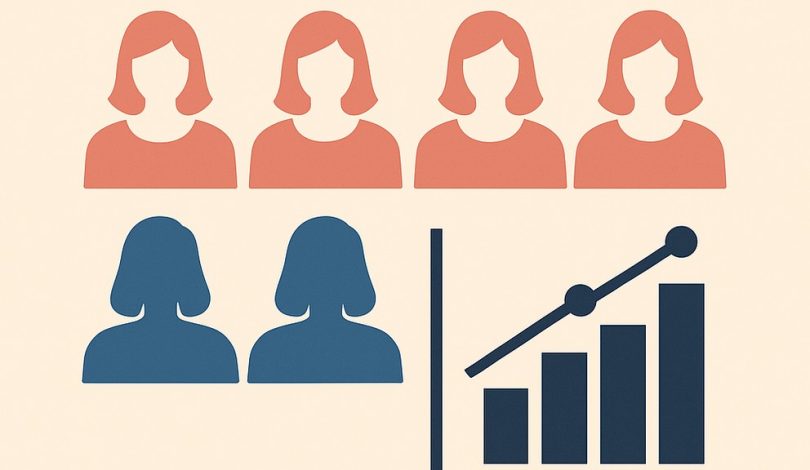Worrying about health can be overwhelming and exhausting. Health anxiety, also known as hypochondria, can take a toll on your mental and physical well-being. In this article, we will explore effective strategies to help you stop worrying about health, identify triggers, and adopt a balanced approach to health.
Table of Contents
- Understanding Health Anxiety
- The Impact of Health Anxiety
- Identifying Triggers
- Coping Strategies for Health Anxiety
- Seeking Professional Help
- Self-Care and Lifestyle Changes
- Success Stories and Case Studies
- Frequently Asked Questions
Key Takeaways
- Understanding the causes and symptoms of health anxiety is the first step to managing it.
- Identifying your triggers can help you develop effective coping strategies.
- Cognitive-behavioral techniques, mindfulness, and regular exercise can significantly reduce health anxiety.
- Seeking professional help when necessary is crucial for long-term management.
- Adopting self-care practices and lifestyle changes supports overall well-being.
Understanding Health Anxiety
Health anxiety, or hypochondria, is the excessive worry about having a serious illness. It involves frequent self-checking and reassurance-seeking behaviors. Understanding health anxiety is essential in managing and overcoming it.
Common Symptoms and Signs
People with health anxiety often experience a range of symptoms, including:
- Constant worry about health
- Frequent visits to the doctor
- Checking the body for signs of illness
- Difficulty accepting reassurance from doctors
Causes of Health Anxiety
Several factors contribute to health anxiety:
- Genetic factors: Family history of anxiety disorders.
- Environmental factors: Exposure to illness in childhood or adulthood.
- Personal experiences: Past traumatic health events.
The Impact of Health Anxiety
Health anxiety can significantly impact various aspects of a person’s life. Understanding these impacts can motivate you to take action.
Effects on Physical Health
Excessive worrying can lead to:
- Increased heart rate
- Muscle tension
- Fatigue
Effects on Mental Health
Health anxiety often coexists with other mental health issues, such as:
- Depression
- Generalized anxiety disorder
- Obsessive-compulsive disorder (OCD)
Social and Professional Impacts
Health anxiety can affect your relationships and work life. You might:
- Avoid social gatherings
- Struggle to concentrate at work
- Frequently take sick leave
Identifying Triggers
Recognizing what triggers your health anxiety is crucial for effective management. Keeping a trigger diary can help you identify and address these triggers.
Common Triggers of Health Anxiety
Some common triggers include:
- Reading or hearing about illnesses
- Physical sensations or changes in the body
- Stressful life events
How to Recognize Your Own Triggers
Pay attention to situations or thoughts that increase your anxiety. Write them down in a trigger diary, noting:
- The situation or event
- Your thoughts and feelings at the time
- Your physical sensations
Coping Strategies for Health Anxiety
Developing effective coping strategies can help you manage health anxiety and reduce its impact on your life. Here are some practical techniques.
Cognitive Behavioral Techniques
Cognitive Behavioral Therapy (CBT) is a highly effective treatment for health anxiety. CBT focuses on changing negative thought patterns and behaviors.
- Identify and challenge negative thoughts.
- Replace negative thoughts with realistic ones.
- Practice relaxation techniques.
Mindfulness and Meditation
Mindfulness and meditation can help you stay present and reduce anxiety. Here are some simple practices:
- Deep breathing exercises
- Body scan meditation
- Mindful walking

Physical Activity and Exercise
Regular physical activity can reduce anxiety and improve overall well-being. Start with:
- Daily walks
- Yoga or pilates
- Light strength training

Seeking Professional Help
If your health anxiety becomes overwhelming, seeking professional help is essential. Professional treatment can provide you with the tools and support needed to manage your anxiety effectively.
When to Seek Help
Consider seeking professional help if:
- Your anxiety interferes with daily life
- You have difficulty managing anxiety on your own
- Your symptoms worsen over time
Types of Professionals to Consult
Several types of professionals can help you manage health anxiety:
- Therapists: Specialize in talk therapy and CBT.
- Psychiatrists: Can prescribe medication if needed.
What to Expect from Therapy
Therapy sessions typically involve:
- Discussing your anxiety and its impact
- Learning coping strategies
- Setting goals for improvement

Self-Care and Lifestyle Changes
Adopting self-care practices and making lifestyle changes can significantly reduce health anxiety. Focus on building a healthy and supportive routine to learn how to stop worrying about health.
Healthy Eating Habits
A balanced diet can improve both physical and mental health. Aim for:
- Regular meals
- Plenty of fruits and vegetables
- Staying hydrated
Sleep Hygiene
Quality sleep is essential for managing anxiety. Improve your sleep hygiene by:
- Maintaining a consistent sleep schedule
- Creating a restful environment
- Avoiding screens before bedtime
Building a Support System
Having a support system can make a significant difference. Reach out to:
- Friends and family
- Support groups
- Online communities
Success Stories and Case Studies
Reading about others’ experiences with health anxiety can provide hope and inspiration. Here are some success stories:
Real-Life Examples
Many people have successfully managed their health anxiety through a combination of therapy, self-care, and lifestyle changes. For example:
- A woman who overcame health anxiety by practicing mindfulness and seeking therapy.
- A man who reduced his anxiety by incorporating regular exercise and joining a support group.
Lessons Learned
These success stories highlight important lessons:
- Persistence and patience are key
- Professional help can make a significant difference
- Adopting a holistic approach to health is beneficial
Frequently Asked Questions
What are the common symptoms of health anxiety?
Common symptoms include constant worry about health, frequent visits to the doctor, and checking the body for signs of illness.
Can health anxiety cause physical symptoms?
Yes, health anxiety can cause physical symptoms such as increased heart rate, muscle tension, and fatigue.
How can I differentiate between real symptoms and anxiety?
Consulting a healthcare professional can help differentiate between real symptoms and anxiety. They can provide reassurance and guidance.
Is medication necessary for treating health anxiety?
Medication may be necessary in some cases, especially if health anxiety is severe. However, therapy and lifestyle changes are also effective treatments.
What lifestyle changes can help reduce health anxiety?
Healthy eating, regular exercise, quality sleep, and building a support system are important lifestyle changes that can help reduce health anxiety and teach you how to stop worrying about health.






